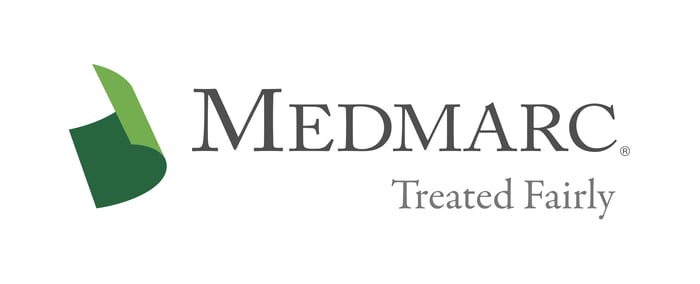HHS Suspends SUNSET Rule
The Department of Health and Human Services posted notice of suspension of the Securing Updated and Necessary Evaluations Timely (SUNSET) rule, which would have required review of HHS agency rules 10 years after publication of the rule. The HHS notice states that the move was prompted in part by a lawsuit, but this is just the latest in a series of moves by the Biden administration to reverse rules promulgated under the Trump administration.
Previously, HHS had ordered a regulatory freeze dated Jan. 20, although the Medicare program for coverage of FDA-designated breakthrough devices is also at risk. The notice regarding the SUNSET rule states that HHS is taking “a fresh and critical look” at the rule in light of the concerns raised in the lawsuit, which was filed by a group of stakeholders, including the Center for Science in the Public Interest.
Some of these concerns had been raised during the comment period for the SUNSET rule, but HHS also concedes that one of its motives is that the rule may not be consistent with the policies and goals of the current administration. The lawsuit raises several questions, including whether the rule is necessary in light of an annual regulatory review process that commenced in 2011 under the Regulatory Flexibility Act. However, the complaint also acknowledges that these reviews have not been undertaken since 2016. One of the concerns specific to the Administrative Procedures Act is that the SUNSET rule was finalized after a comment period of only 30 days, an exceptionally short term for a rule of this magnitude.
Among the other issues related to the SUNSET rule is that the affected agencies may not be staffed to handle the volume of rules that would fall under review each year, as well as the automatic expiration of a rule upon failure of the issuing agency to conduct the required review. The problem would be especially keenly felt at the FDA, which according to HHS has more than 7,000 actions that would be immediately subject to the SUNSET rule.
Senate Renews Scrutiny of Section 101 Impasse
Device makers who hold patents for their product may have seen some of those patents rendered null by developments in U.S. case law, but the Senate is aware of the persistence of the problem. The Senate’s interest is demonstrated by not one, but two March 2021 letters to the acting commissioner of the Patent and Trademark Office, the second of which proposes a solution that would require no legislation.
The March 5 letter to acting PTO commissioner Drew Hirshfeld states, “it is past time for Congress to address” the ongoing problem with patent subject matter eligibility, although the four authors propose no specific solutions. Instead, they ask Hirshfeld to authorize a request for information from stakeholders regarding the impact of patent case law on both investment and innovation in several technological areas, such as diagnostics and artificial intelligence. The agency would be responsible for reporting on its findings by March 5, 2022.
The second letter to Hirshfeld, dated March 22, proposes that PTO’s patent examiners should revert to the historical practice of first considering factors other than subject matter eligibility when examining a patent application. This proposal, offered by Sens. Thom Tillis (R-N.C.) and Tom Cotton (R-Ark.), would require that examiners first review an application for considerations such as novelty and obviousness, and only then proceed to examine the patent for subject matter eligibility.
Tillis and Cotton said such an approach would not only be more efficient, but would also eliminate a fair amount of examiner speculation on “vague and subjective questions of eligibility.” They recommend that PTO undertake a pilot program to test out this approach, asking that the agency respond by April 20, 2021, to explain any hesitancy about adopting the concept.
For additional resources contact the Marketing department
Phone: 888-633-6272
Medmarc is a member of ProAssurance Group, a family of specialty liability insurance companies. The product material is for informational purposes only. In the event any of the information presented conflicts with the terms and conditions of any policy of insurance offered from ProAssurance, its subsidiaries, and its affiliates, the terms and conditions of the actual policy will apply.
Copyright © 2024 - Medmarc
